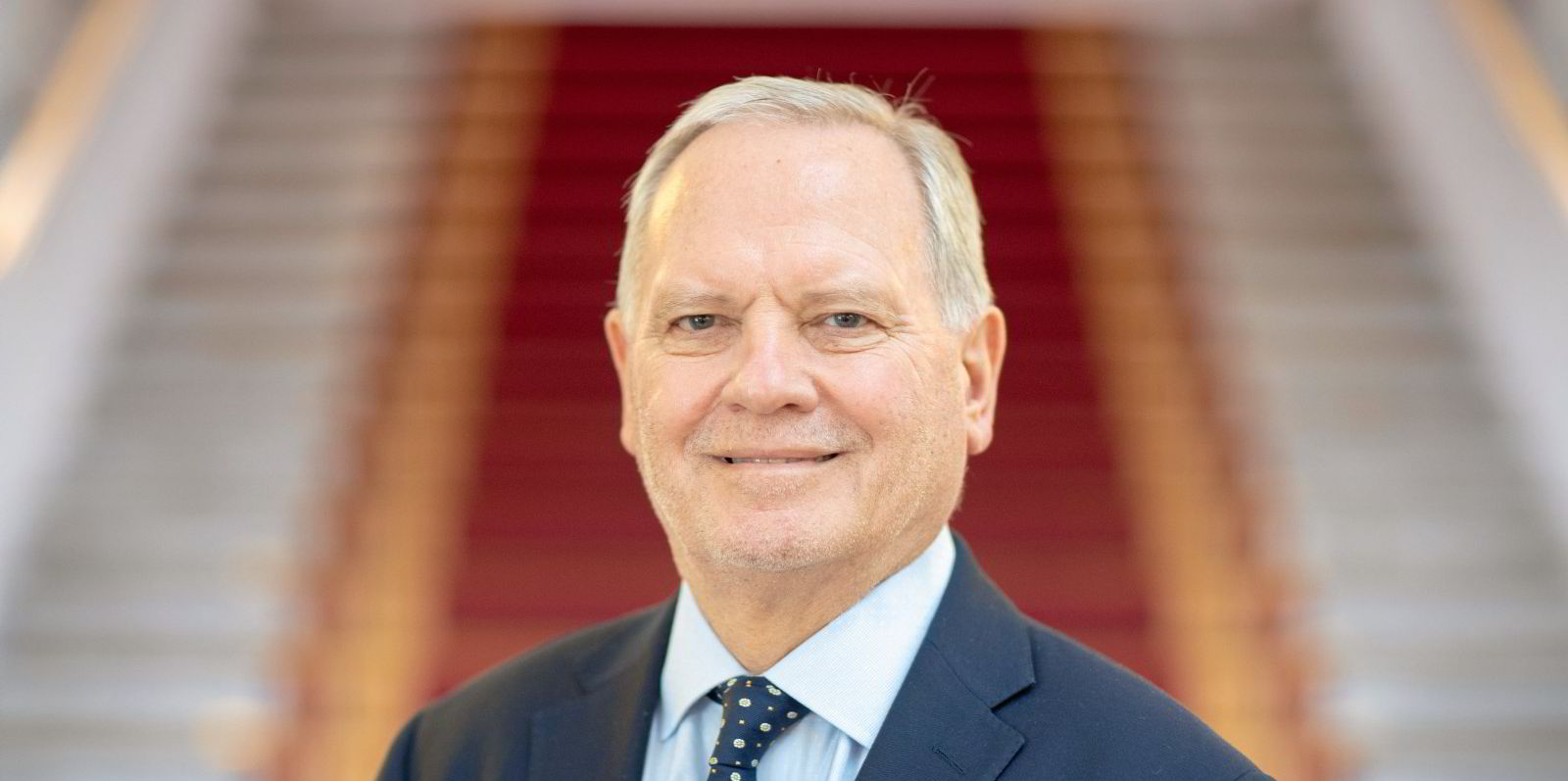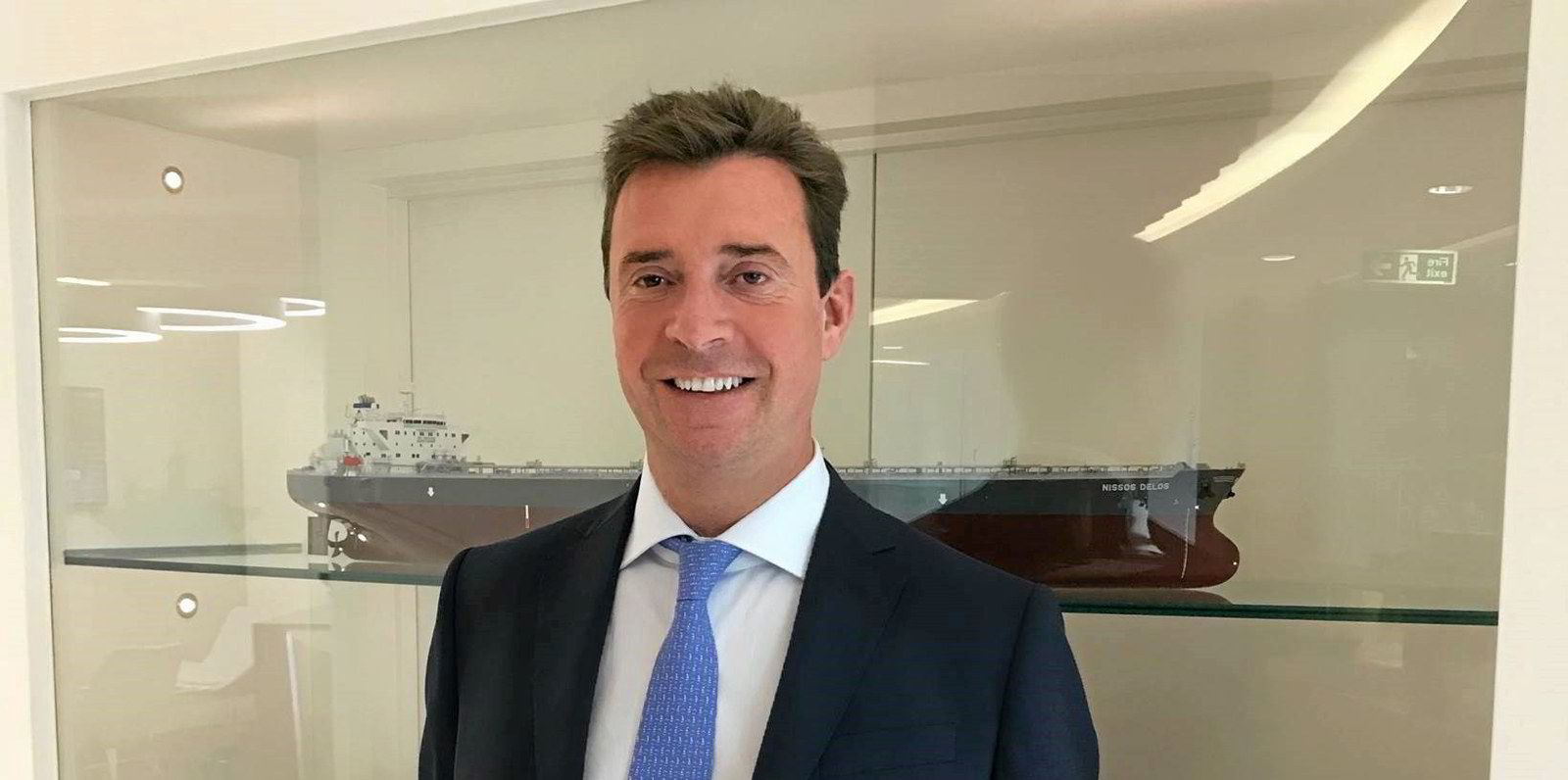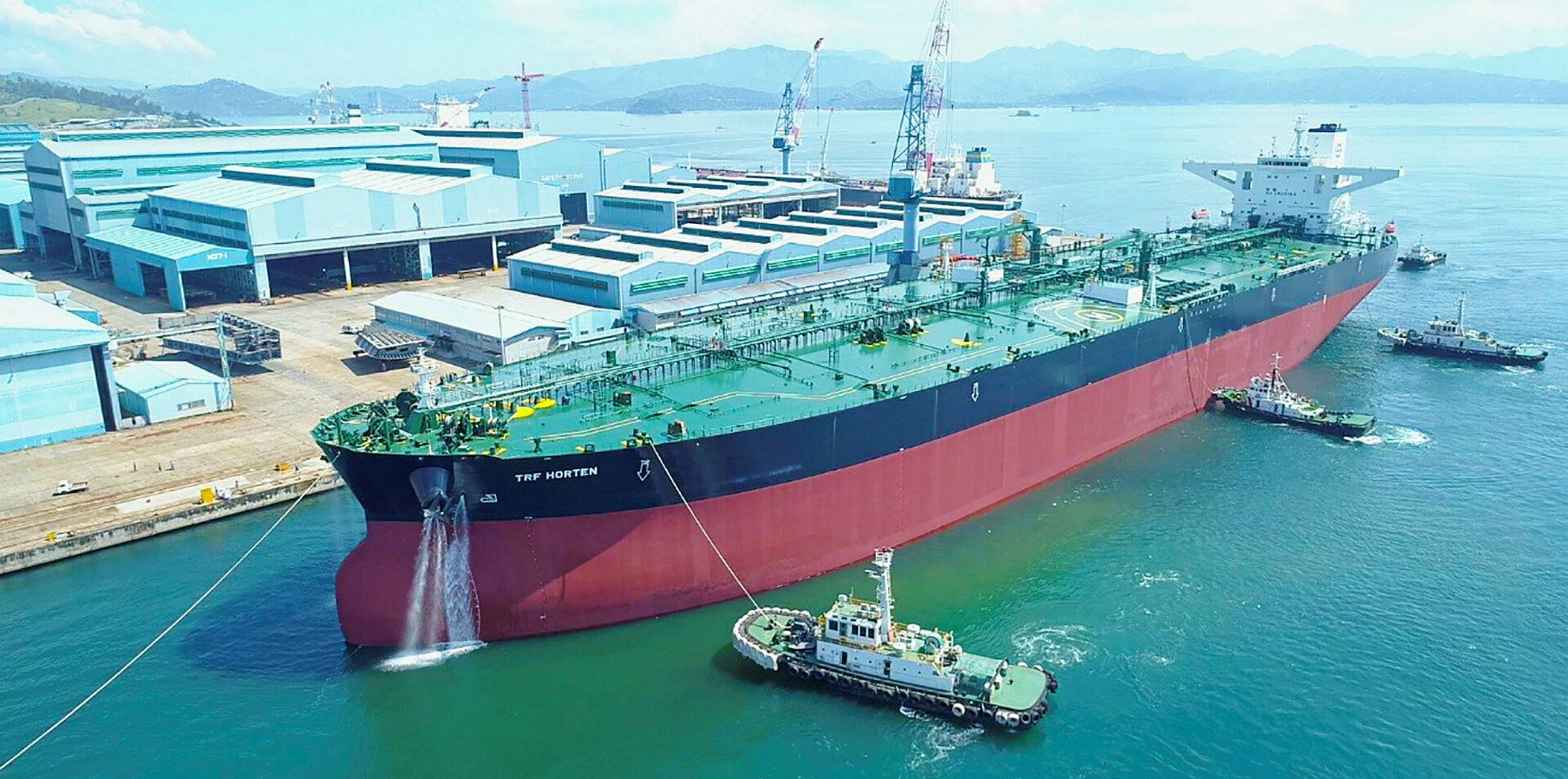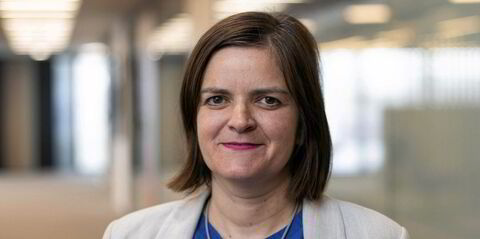Braemar Shipping Services aims to focus more on its core shipbroking operations after deciding to sell its engineering business, Wavespec.
The board of the UK group said loss-making Wavespec is now "sub-scale" and that it would be in both the group's and Wavespec's best interest to divest.
"The disposal process is now well underway and discussions are ongoing with a number of interested parties," Braemar said.
The shipbroker believes a sale would enable a greater focus of both capital and management resources on more profitable areas.
Braemar is accounting for Wavespec, an LNG and LPG project specialist, as a discontinued operation.
A corporate finance advisor has been brought in to identify bidders.
A loss of £2m ($2.7m) for the division has been booked in the six months to 31 August. Of this, £500,000 relates to the trading loss and £1.5m to an impairment of Wavespec's assets.
A disposal is expected to be completed in the current financial year.
The focus on shipbroking will be led by new group chief executive officer James Gundy, who will retain his role of head of shipbroking unit Braemar ACM.
The previous management team, headed by chairman David Moorhouse and chief executive James Kidwell, tried to create a group with multiple businesses to complement each other in a bid to resist market cycles.
But most of the loss-making technical division was spun off into AqualisBraemar, the Oslo-listed company in which Braemar still holds a 27% stake.
Wavespec was the only one of four operations in this division to be retained.
Group profit rises
Braemar announced group net profit of £1.1m or the six months ended 31 August, compared to a loss of £2.1m a year ago.
Revenue dipped to £56.3m, versus £57.6m in 2019, but operating profit grew to £5.6m from £4.2m.
The company said trading was strong in the first half, with shipbroking leading the way, particularly in tankers.
Trading for the full year remains in line with expectations, but future trading uncertainties persist in a time of pandemic, Braemar added.
Executive chairman Ron Series said: "Shipbroking remains central to everything that we do, and we are pleased with the progress that we've made so far this year in focussing on and developing our global shipbroking business and we look forward to further growth initiatives next year and in the years to come."
Braemar is not paying a dividend for the period, due to uncertainty surrounding the impact of Covid-19.
Markets settling
"In the last few months the markets have settled down, the dry cargo market has improved as Chinese imports have picked up and there has been an increase in demand in the gas markets," Braemar said.
"However, reductions in crude oil supply has led to decreased demand and weaker shipping markets and we have not yet seen the usual seasonal pick-up in demand at this time of year so the outlook for the shipbroking division remains mixed."
Shipbroking profit increased to £6.1m from £4.9m last year.
Money saved in lockdowns
"Profitability benefited from a significant cost saving from reductions in travel and entertainment during the current pandemic," Braemar added.
Sale and purchase results were ahead of last year despite activity levels being curtailed by coronavirus lockdowns.
"Some transactions were delayed due to the closure of ports in the early stages of the pandemic but trading overall for the period is in line with our expectations," Braemar said.
Several newbuilding contracts were also added to the forward order book at a time when market activity levels were relatively low due to the uncertain economic environment.
Financial advisory arm Braemar Naves reported profit of £700,000, down from £900,000 in 2019.
The operation has been making more money from fees for restructurings and work with owners to help them buy back their own debt at discounted levels.
But Braemar Naves has also made unspecified provisions for bad debts arising from uncollected fees for a project put on hold by the Covid-19 pandemic earlier this year.





